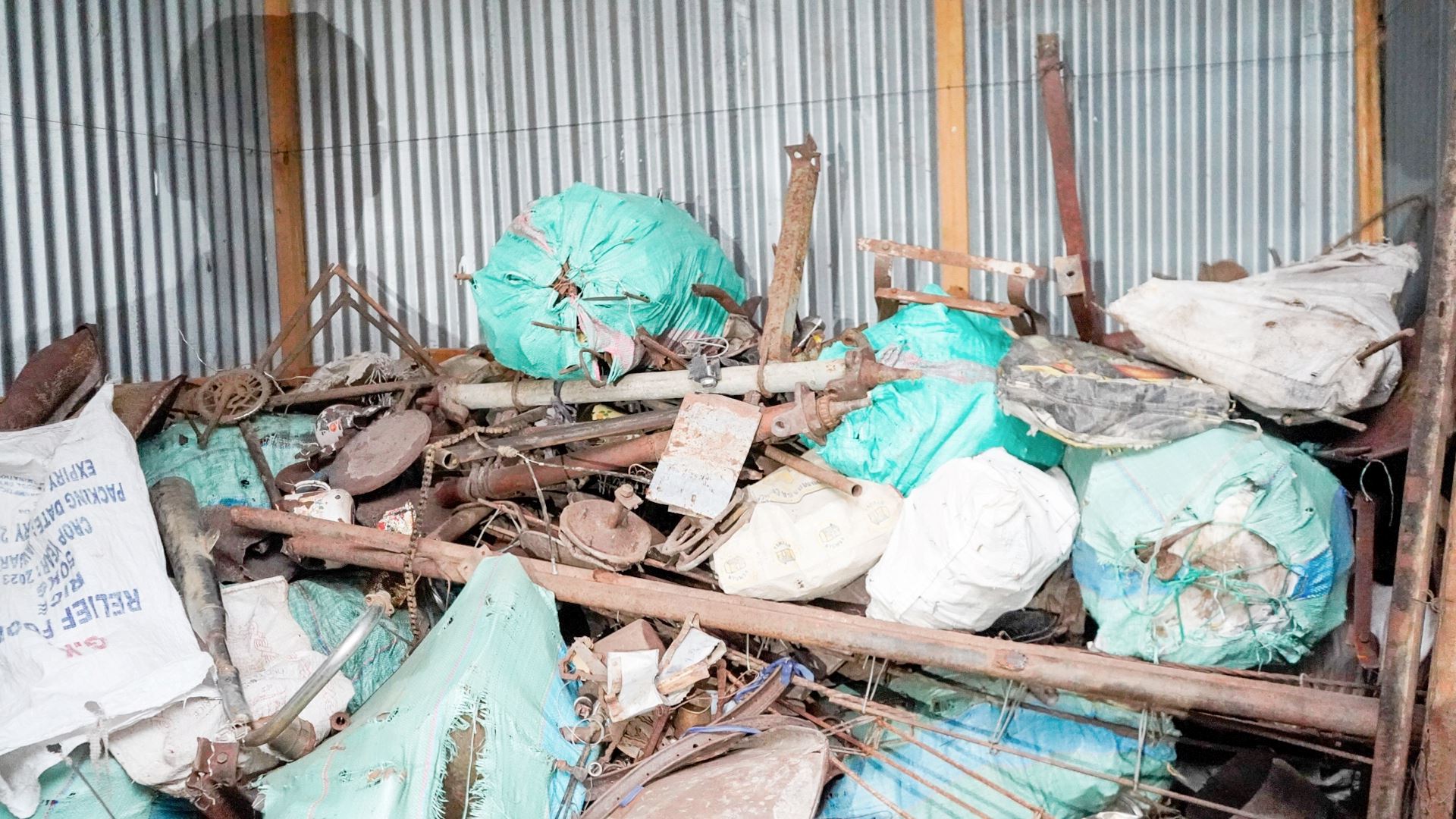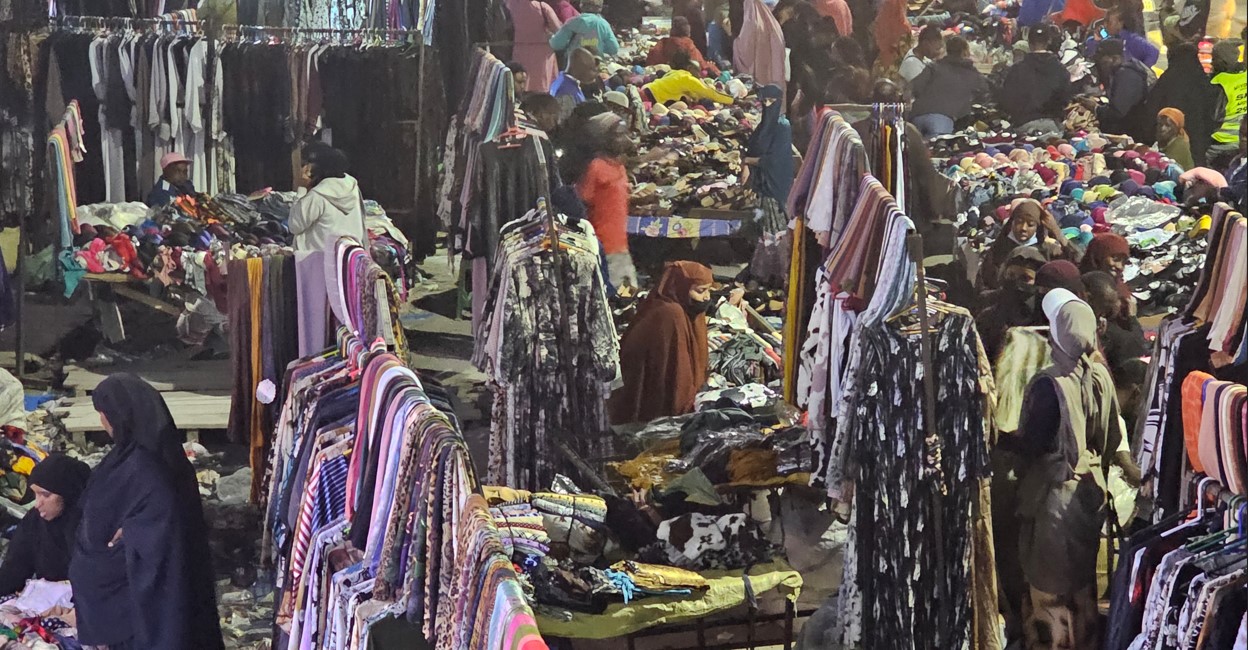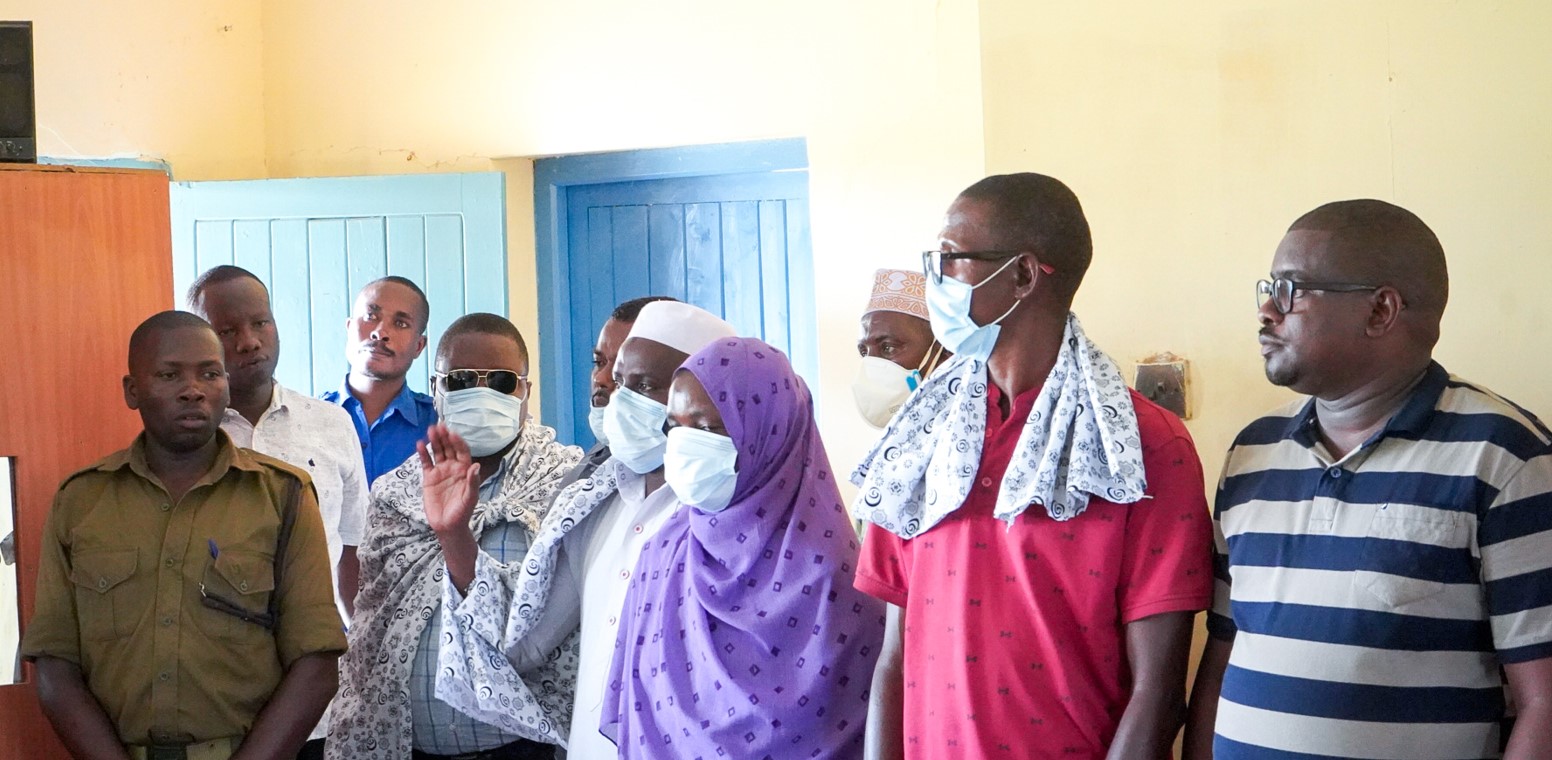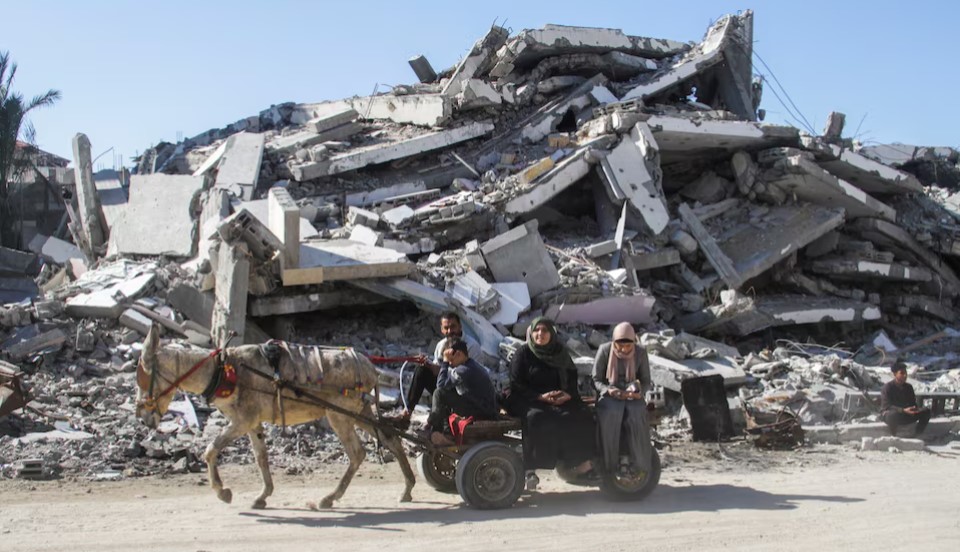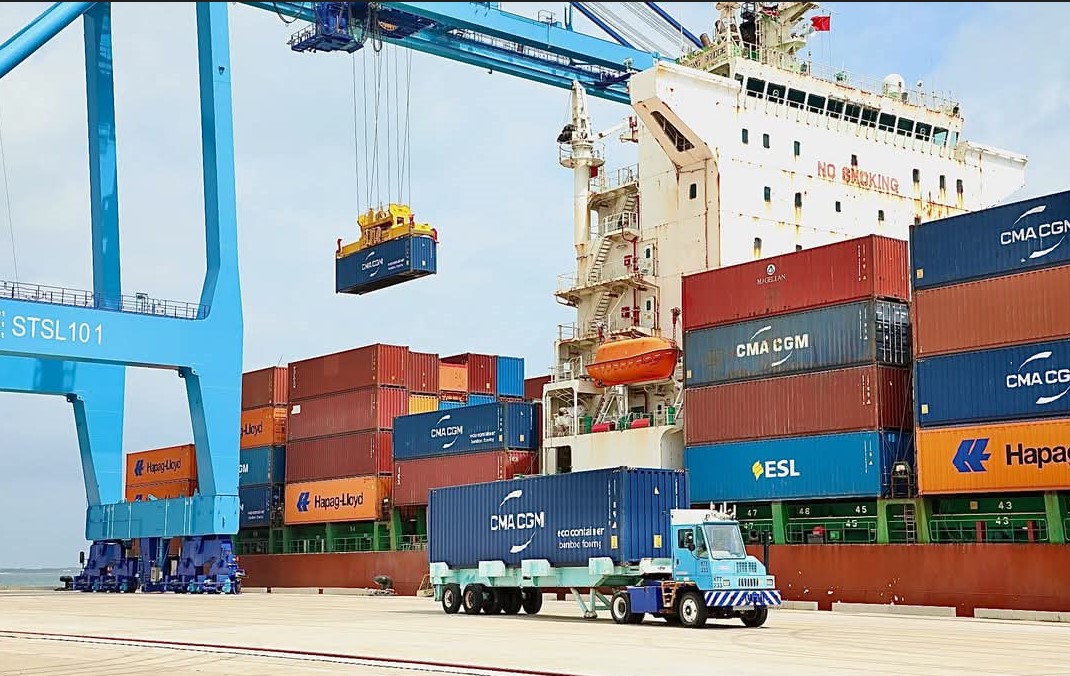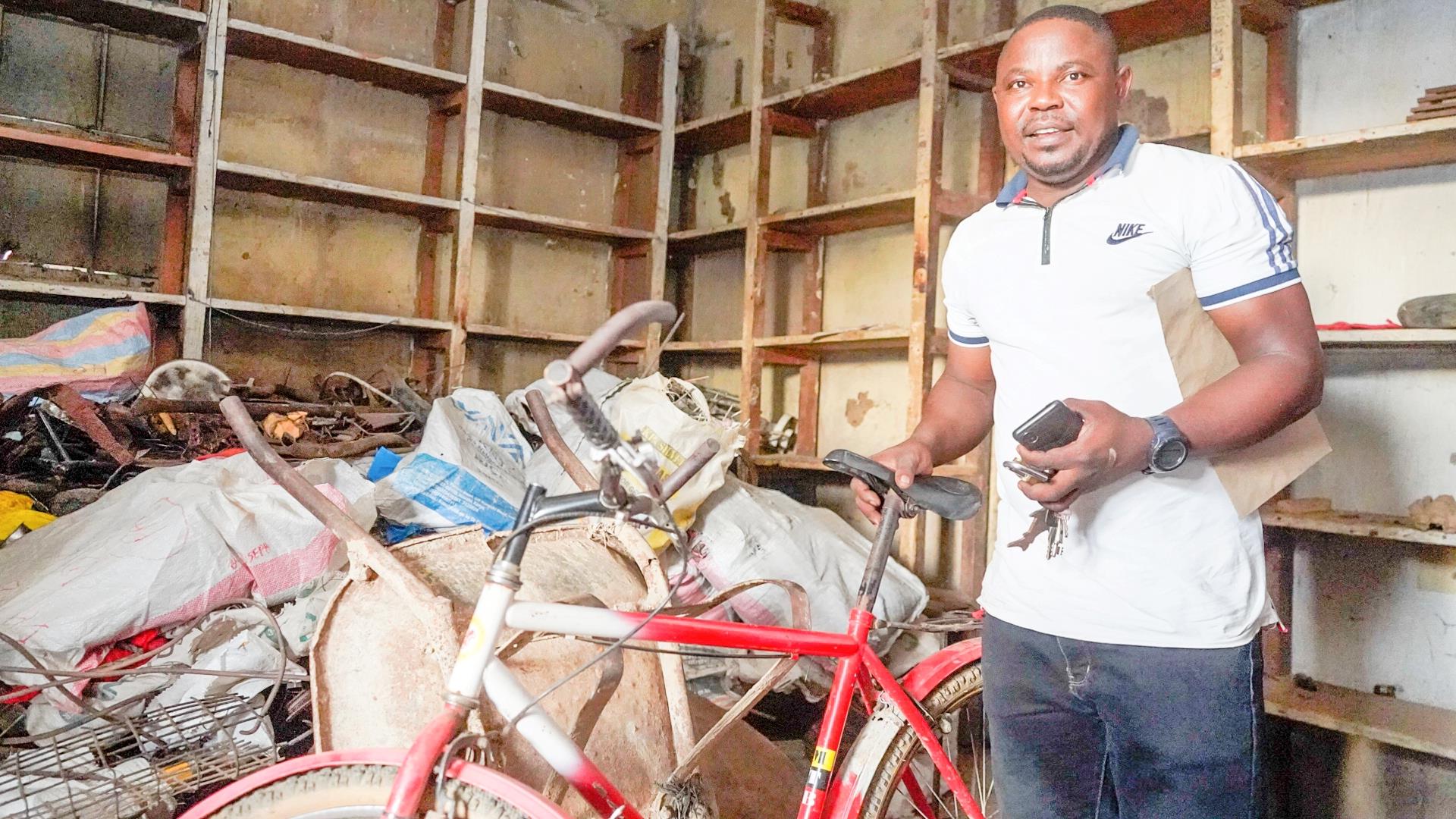Ishakani Village: A century-old community fades away due to insecurity, poverty

The village has for years suffered many challenges, key among them being insecurity contributed by Al-Shabaab militants from neighbouring Somalia.
A century-old remote village of Ishakani on the Kenya-Somalia border is on the verge of collapse.
The village, initially with a population of about 500 people, has in recent times witnessed massive migration of the locals to the neighbouring Kiunga Town which is about 10 kilometres away as they seek a more comfortable life.
More To Read
The village has for years suffered many challenges, key among them being insecurity contributed by Al-Shabaab militants from neighbouring Somalia.
Despite efforts by the state to ensure there is security stability, including the ongoing multi-agency security Operation Amani Boni (OAB) launched in 2015, other factors are still pushing the locals out of Ishakani.
Ishakani is considered among Lamu’s oldest villages with over 1,000 years of existence.
An observation by The Eastleigh Voice established that out of the at least 100 families that have been living in the village, more than 50 have sought refuge in Kiunga in a move aimed at accessing crucial amenities and other government services.
Ishakani village elder Abdalla Juba says life has become unbearable in the area, especially after fishing, the main income earner in the village dwindled.
Fishermen have for years relied on dealers from Malindi and Mombasa, coming to Ishakani to collect fish consignments but that has not been possible in recent years.
Juba said the Hindi-Boni Forest-Kiunga road has not been safe for motorists to use due to the behaviour of Al-Shabaab to plant Improvised Explosive Devices (IEDs) that have on many occasions left hordes of civilians and security agencies dead.
“Many fish dealers are shying away from bringing lorries to Ishakani to ferry fish unlike in past years. They fear their vehicles might be blown up by Al-Shabaab militants on the route. As the fishing community here, we don’t have a market for our catch. That means no money is circulating here. Life is hard,” said Juba.
The lack of a fish market has resulted in the fishermen relying only on the local market which is unreliable.
 Residents of Kiunga and Ishakani on the Kenya-Somalia border demonstrate at Kiunga Town to push for improved amenities in their area. (Photo: Farhiya Hussein)
Residents of Kiunga and Ishakani on the Kenya-Somalia border demonstrate at Kiunga Town to push for improved amenities in their area. (Photo: Farhiya Hussein)
This has, in turn, resulted in fish prices dropping.
For instance, a kilo of lobster that was initially sold at Sh5,000 is now being sold at Sh1,500 only.
On the other hand, a kilo of crabs that initially went for Sh2,200 is currently being sold at Sh1,700 at Ishakani.
Poor health infrastructure
Ahmed Islam, a Community Health Promoter at Ishakani, cited poor health infrastructure as part of the factors driving locals away from the village.
Ishakani Dispensary, the only health facility built by the county government of Lamu several years ago, is currently closed due to a lack of personnel and drugs.
According to Islam, most medics posted to the area do not stay for long as they consider the area unsafe and lonely.
“People have moved out of Ishakani. They prefer renting houses in Kiunga Town provided they get the services they deserve. Education is a problem here as a teacher shortage is facing our learners. The Ishakani Primary School operates only from ECDE up to Grade 4. Parents are, therefore, required to transfer and migrate with their children to stay in Kiunga to enable them to proceed with their learning at Kiunga Primary,” said Islam.
“The lack of hospital services is also worrying people, especially the pregnant mothers and children. That’s why families have kept moving out to Kiunga where they can get such crucial services. If things go like this, then there will be no more Ishakan in future years. Something needs to be done.”
Halim Ali, a resident, called on the government and well-wishers to intervene and introduce the Operation Rudi Nyumbani programme to rescue the village from the impending total collapse.
 Security agencies in Boni Forest. Ishakani Village is among the areas covered by the ongoing multi-agency security Amani Boni to flushout Al-Shabaab militants believed to be hiding inside the dense Boni Forest. (Photo: Farhiya Hussein)
Security agencies in Boni Forest. Ishakani Village is among the areas covered by the ongoing multi-agency security Amani Boni to flushout Al-Shabaab militants believed to be hiding inside the dense Boni Forest. (Photo: Farhiya Hussein)
About five years ago, the Kenya Red Cross Society intervened and helped Ishakani villagers to build structures and also provided them with other humanitarian aid that made them stay intact.
“Many of us are poor and can’t even construct houses to stay. Building materials, including timber, are unavailable in this place. We pray that the government and well-wishers come up with a programme to build houses for those who have already migrated to Kiunga. By doing so will encourage them to come back to Ishakani,” said Halima.
The residents also pleaded with the state to improve the road network, adding that the Kiunga-Ishakani rough road is making it easy for terrorists to plant IEDs and endangering the lives of road users.
They also urged for electricity restoration in the area.
Ishakani, Kiunga, Ras Kiamboni and surrounding areas of the Kenya-Somalia border have witnessed a continued power outage that has lasted for 115 days.
The residents have endured the power blackout since April 8 this year.
They also want amenities such as water to be supplied to the village to prevent it from getting deserted.
“We only rely on Djabias. These are rainwater harvesting systems just for domestic water supply. But during the dry season, we don’t have anywhere to rely on in terms of water supply. People have to trek to Kiunga to get water which is inconvenient,” said Fatma Mohamed, a resident.
Lamu East Deputy County Commissioner George Kubai said the government was doing all it takes to improve security and infrastructure not only in Ishakani Village but the entire Kenya-Somalia border areas.
Kubai said discussions were already ongoing between the state, the devolved unit and other well-wishers in a move to ensure Ishakani Village life is restored.
“There’s a program to ensure those who migrated from Ishakani to other villages of Lamu are taken back. The return home program is spearheaded by both the state, county and well-wishers. On matters of security, our security agencies are doing their best to ensure peace in the concerned areas,” said Kubai.
Top Stories Today
